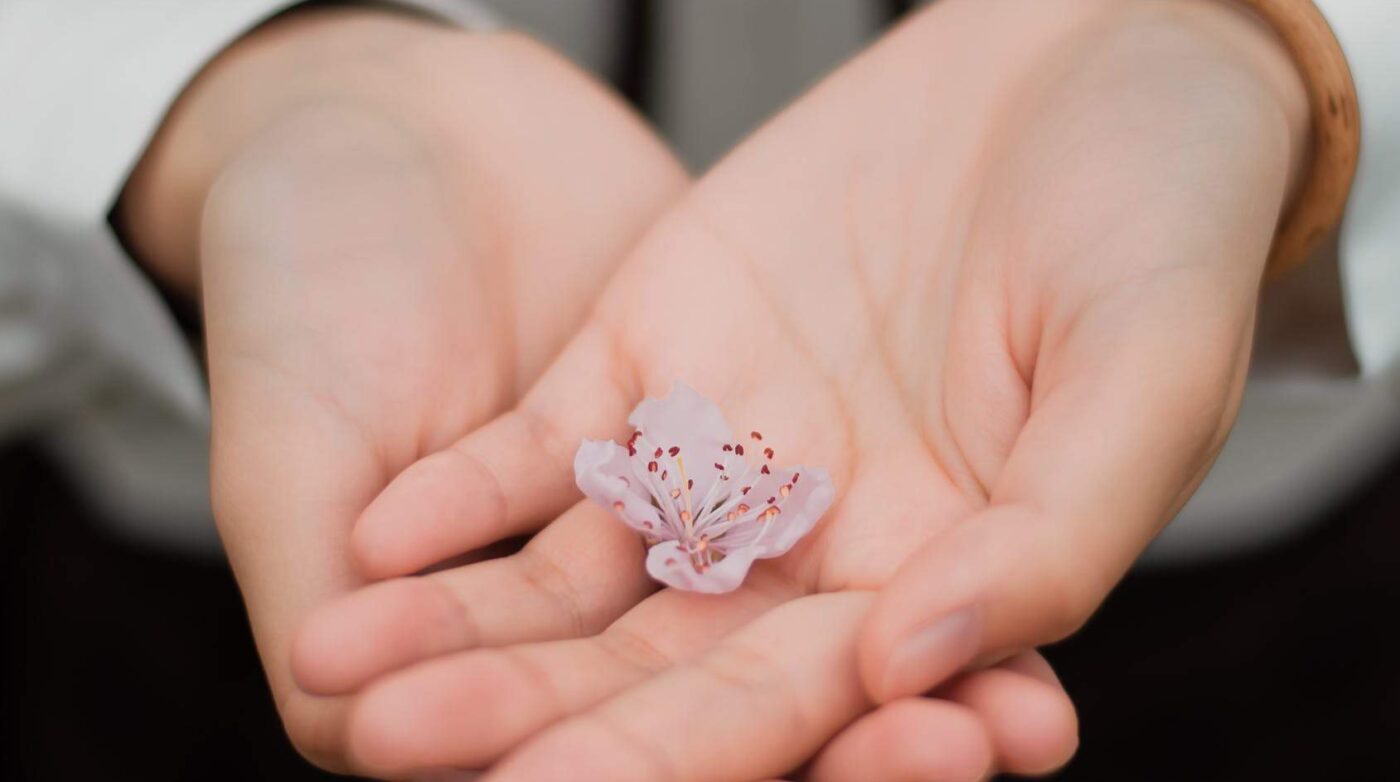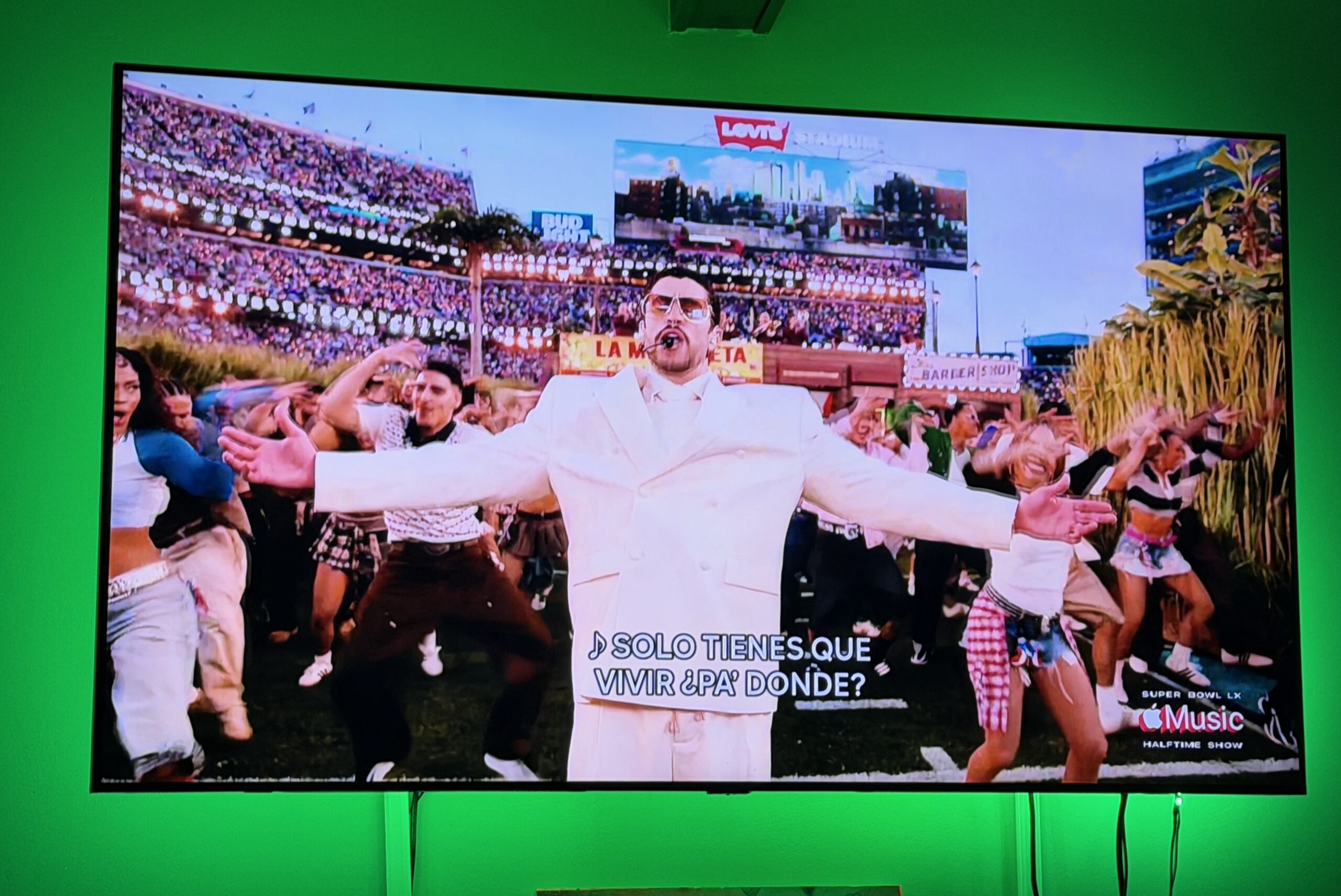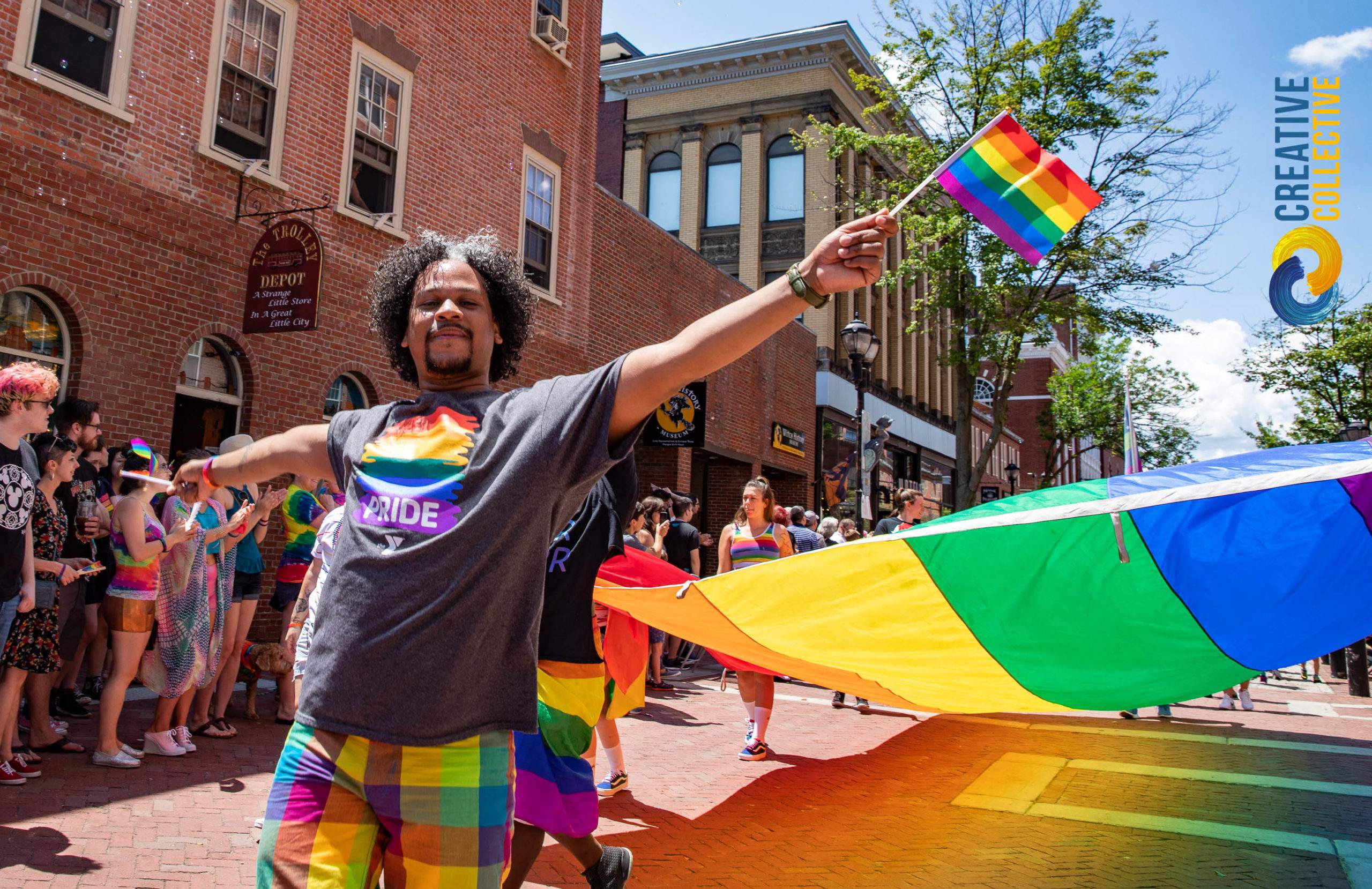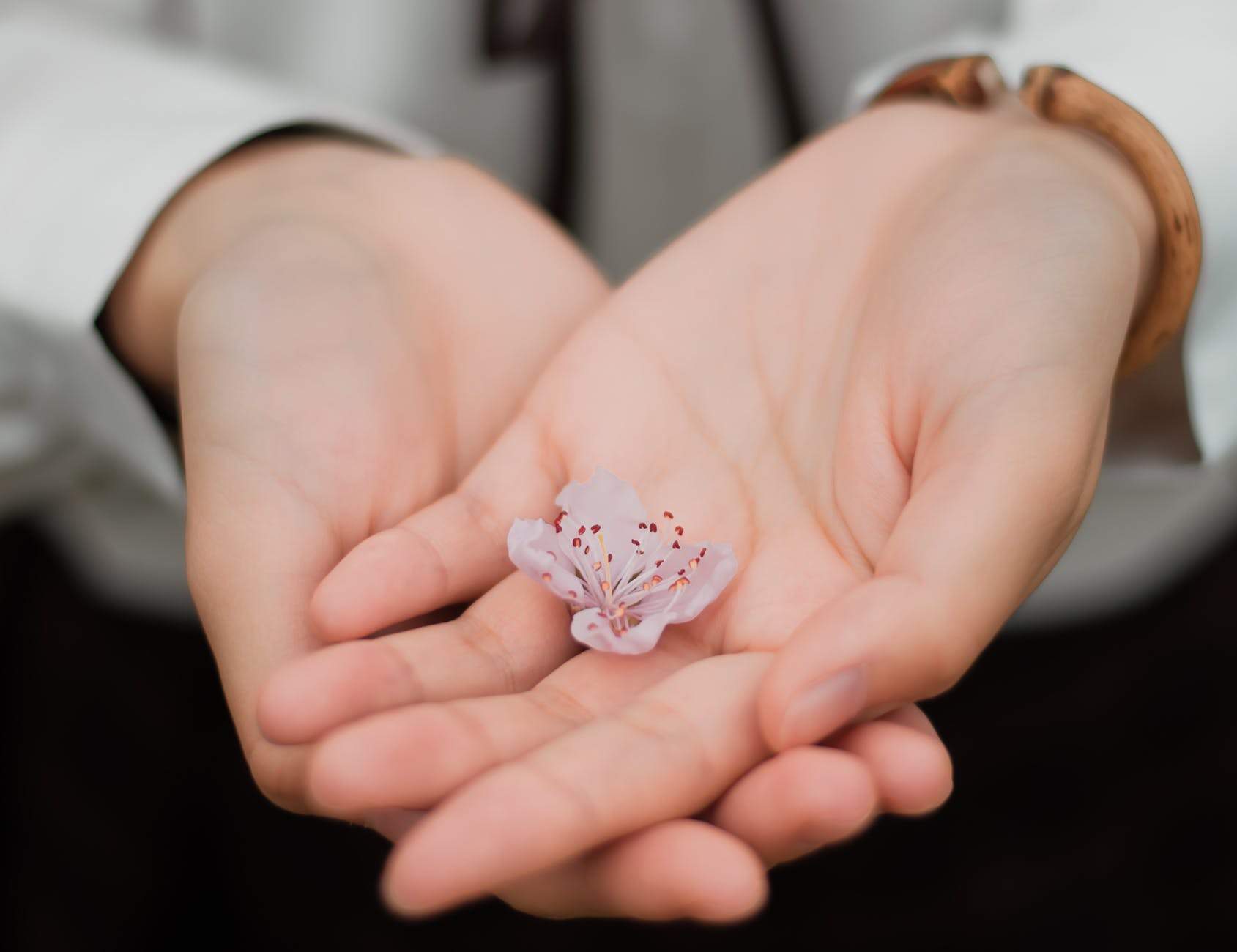By Joey Phoenix
My friend made a post last week that changed my perspective.
He asked “When people ask you ‘Is there anything I can do to help,’ like when you’re feeling down – what are some responses? Can someone provide a link to the menu?”
Being one of the ones recently who has been doing a lot of the asking (my privilege has allowed me to keep both of my jobs and I have a stable living situation), it never occurred to me that asking this question put a strain of mental labor on the person I was asking.
Yet, asking “what would be helpful,” is one of the most essential things you can ask someone who’s having a rough time. Assuming what someone needs without asking them is always unhelpful, but it seemed that asking and expecting an answer at all is equally unhelpful.
So I read this and felt conflicted. Because I knew that asking was important, it’s also that what happens next is just as important.
Then, I looked at the comments and someone had responded with this list* –
- Quality time (a talk on the phone, doing an online or in-person activity together)
- Kind words (an opportunity to vent, maybe someone to hype you up, straightforward advice, distraction)
- Acts of service (help with an assignment, a trip to the store on your behalf, a hot meal to help you through a hard time, a wake-up call if you are depression napping during quarantine)
- Physical touch (assuming you’re in the same quarantine zone as them, hugs, cuddles, a back rub, etc.)
- You can also just ask for space! You don’t have to have something they need to do. You can appreciate their willingness from afar.
This list pulls heavily from Gary Chapman’s Five Love Languages theory which has, thankfully, expanded to include all relationships and not just those that exist between romantic couples.

But reading this led to me to thinking about ways to be helpful when someone needs help but doesn’t know what that is, and also figuring out ways to ask for help when I need it in a way that makes sense.
Here’s what I came up with:
Patience and Compassion = Validation
The asker: First asks “What would be helpful?” Then pauses for as long as is necessary, expecting nothing, because no answer is also an acceptable answer.
The askee: hears question, thinks about response. Either answers, doesn’t answer, or says “I’m not sure, can I get back to you.”
Sometimes the asking is another way of saying “I hear you AND I’m here for you,” and that can be enough.
Setting Healthy Boundaries = Self-Care
The askee: “Thanks for asking that question, I think I need [enter needed thing here].”
The asker: [Recognizes inability to offer that thing] – “I hear you and I appreciate you asking for what you need, but unfortunately I don’t have the ability/time/spoons to provide all that for you. But I can do part of it and that would look like [explain what that would look like].”
or
The askee: “Thanks for being there for me, but I don’t think you’re the right person to give me what I need.”
The asker: “No trouble at all! If you think of something I can do, the offer still stands.”
Setting healthy boundaries is an ESSENTIAL part of the healing process for all of us right now. If we overextend ourselves to help others, we shortchange our ability to get through this. Which leads me to the next point.
Give from Your Extra, Not Your Empty
As someone who had major problems saying no for a long time, this one strikes a particularly close chord. If one of your friends or someone in your extended community needs something, if you don’t have it, then you are not the right person to provide it. This is especially true if someone needs something tangible, but even emotional labor can have a cost.
An acceptable answer can be “I don’t have what you need, but I might know someone who does.” Connecting people to resources can be as much as a gift as you providing the resource yourself.

Things I remind myself of often:
- I am not entitled to anyone automatically holding space for me.
- I should always ask for what I need, and if someone can give it to me, it doesn’t invalidate the fact that I need it. It just may have to come from a different source.
- Compassion fatigue is real and shouldn’t be ignored
We are all doing the best we can to get by, and there are some of us who have extra. There are some of us who have more than enough. Those people should absolutely do what they can to support others where they can. Without that extra being spread around, we won’t be able to get by.
But if you don’t have extra, don’t give out of your empty.
Put on your own oxygen mask first before helping others.
If you have more than enough, share it.
If you don’t have what you need, ask for it.
In a perfect world, we would all have our needs met quickly, but that world is not our world. But if we all get better at communication. If those who had needs asked for what they needed, and those who had extra asked what would be helpful, and those people started communicating more.
Well, we might just be getting somewhere.
* Thank you to Kim Cee for letting me share this
Joey Phoenix is the Managing Editor of Creative North Shore, the Digital Content Manager for North Shore Pride, and the Host of the Chaos Within Podcast. You can follow them on twitter @jphoenixmedia
Click here for an up to date listing of Virtual Experiences
Creative North Shore is produced, curated and managed by Creative Collective, we are trying really hard to make sure that we don’t have to put a paywall in place and could really use your support to keep afloat and make us able to keep a few of our staff employed and providing you with content and information. Please consider supporting us with any amount.










